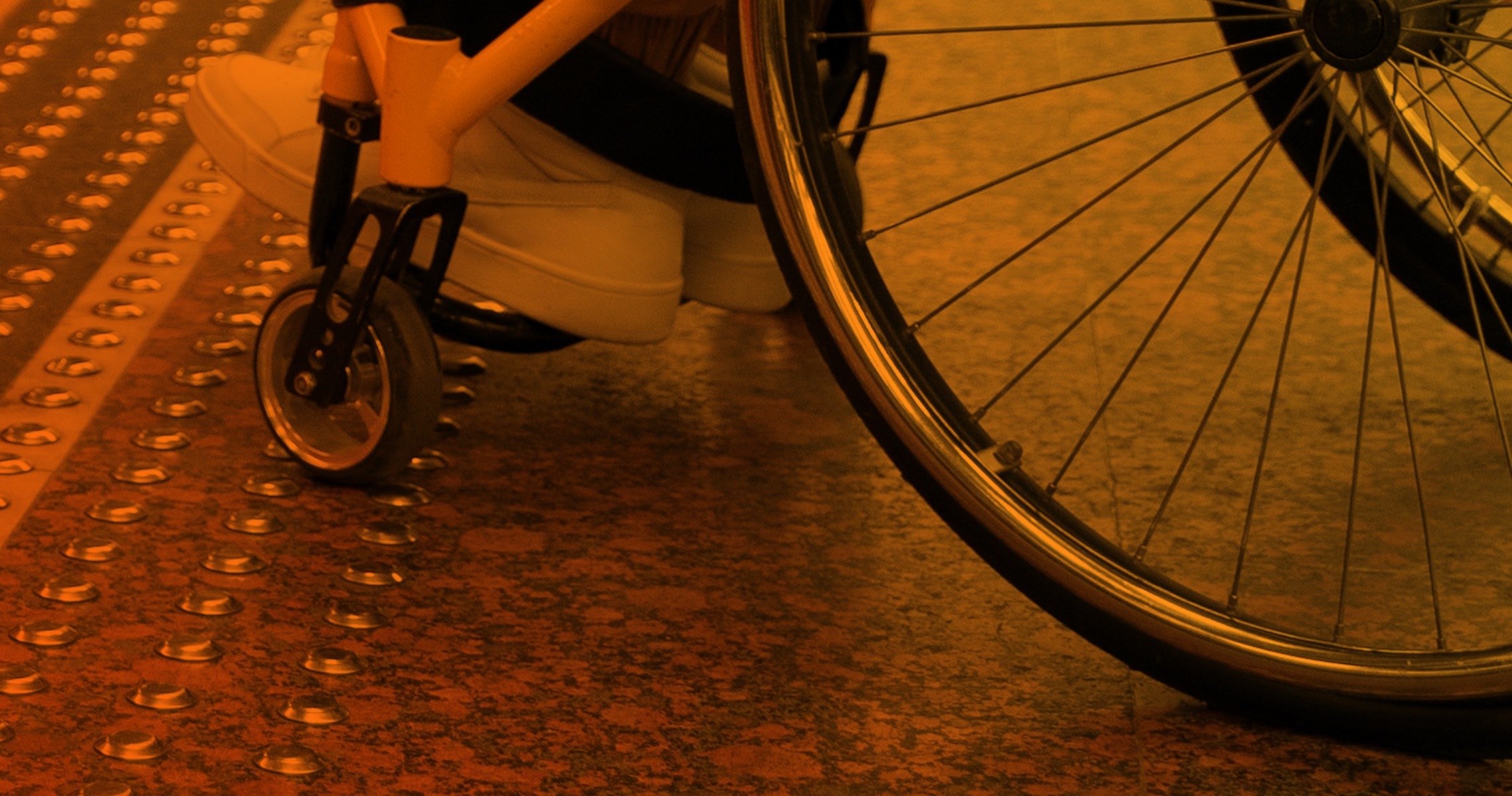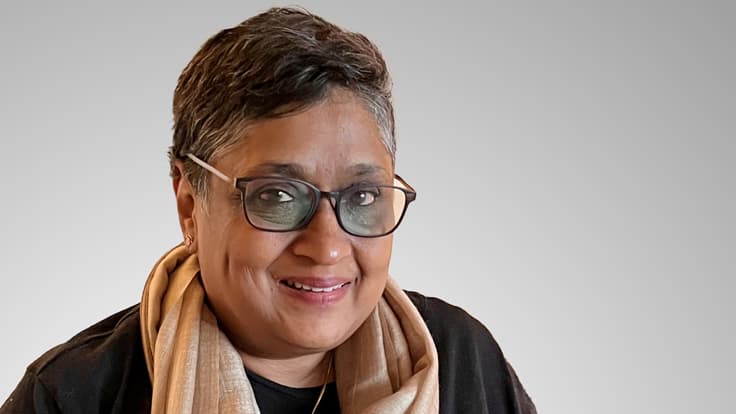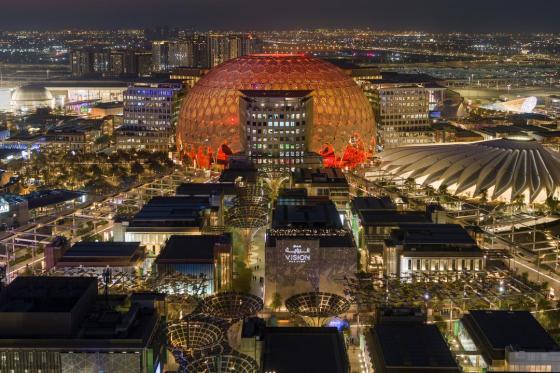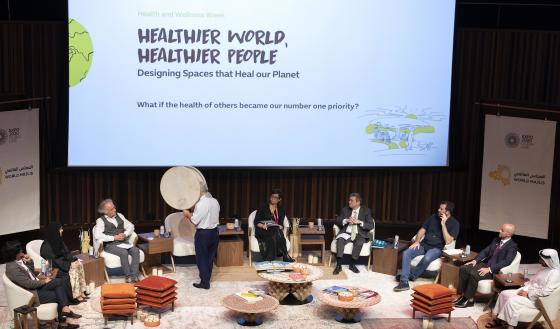A SUSTAINABLE CITY IS AN INCLUSIVE CITY
Sustainable Cities in Action speaker Dr Shivani Gupta is Senior Inclusive Design Manager at Global Disability Innovation Hub. She invites cities to place disability inclusion at the heart of climate resilience planning
Dr Shivani Gupta describes a lack of consultation with people of determination as one of the biggest barriers to genuinely sustainable urban design
Disability is a cross-cutting issue which needs to be addressed by every department, be that infrastructure, transport, education, or climate change
What should urban planners and policymakers understand about the intersectionality of disability, poverty and climate change?
It is estimated that 80 to 90 per cent of working-age persons with disabilities are unemployed. It is not surprising therefore that they are over-represented in poverty and, by extension, are more vulnerable to climate change.
People living in poverty are more likely to live in housing which is not appropriate and is on the peripheries of cities, for example informal settlements. Because of their rudimentary construction and the fact that their pathways are uncemented, it can be hard for people to get out of their homes in a climate event such as flooding.
I know of one person with a disability who was stuck in his home in Chennai, in India, during a flood and the water came up to his neck. Fortunately, he survived. A friend of mine, during that same event, experienced a power cut and, because she uses a motorised wheelchair, was left immobile. During some research we did, one respondent even talked about how, when there is heavy rain, the noise affects their hearing. And, of course, hearing disabilities can impact people’s ability to respond to early warning alarms.
It is not surprising then that the mortality rate due to natural disasters of persons with disabilities is four times higher than the average.
What are the barriers to ensuring more inclusive sustainable city planning?
One of the biggest barriers is the absence of persons with disabilities in the planning process. I'm sure urban planners do invite participation by persons with disabilities. The question is, how meaningful is that participation? Because a lot of time, persons with disabilities may require additional support such as sign language interpretation and materials in alternate formats so that they can acquaint themselves with the discussion points and come prepared. Equally, how accountable are the planners in terms of coming back to advocacy organisations or persons with disabilities to inform them of which recommendations were taken, which were not, and the reasoning?
Another challenge is the capacity of organisations advocating for persons with disabilities to engage with such processes. Those organisations have their own agendas and their own work and don’t necessarily understand all the urban planning or climate change jargon. So, there is a degree of capacity building required.
City planning often happens in silos. Is inclusive and accessible urban design disproportionately disadvantaged by that operational structure?
Absolutely and I will give you a concrete example. Delhi introduced accessible low-floor buses. However, the pavements did not have a curb cut for the access ramp because that was the responsibility of a different department. So, the buses were quite useless. Disability is often seen as sitting with one ministry or department and that that department will take care of all aspects of disability inclusion. But disability is a cross-cutting issue which needs to be addressed by every department, be that infrastructure, transport, education, or climate change.
In terms of data, do cities lack visibility on the experience and needs of persons with disabilities?
It’s true that data is important for creating policy, and there isn’t adequate disability disaggregated data. But I don't think there is a need for us to wait to understand that disability inclusion is important. It's time for action. In the same way that all development programmes should factor in climate change, so should all climate change programmes be disability inclusive. These processes cannot be siloed, they have to work together, and disability inclusion has to be cross-cutting.
Fifteen per cent of people around the world are persons with disabilities. You cannot be a sustainable city and you cannot achieve your climate goals unless you are inclusive.
SUSTAINABLE CITIES IN ACTION FORUM 2024
From 5 - 6 March 2024, more than 400 urban leaders and experts gathered at The Nexus, Expo City Dubai, for the inaugural Sustainable Cities in Action Forum. During a packed programme of dynamic panel discussions and cutting-edge workshops, delegates from all walks of life explored actionable solutions for catalysing urban development across the Middle East, Africa and South Asia.
We'd love to connect with you
For general enquiries, please fill out the contact form or send an email to impact@expodubaigroup.ae







